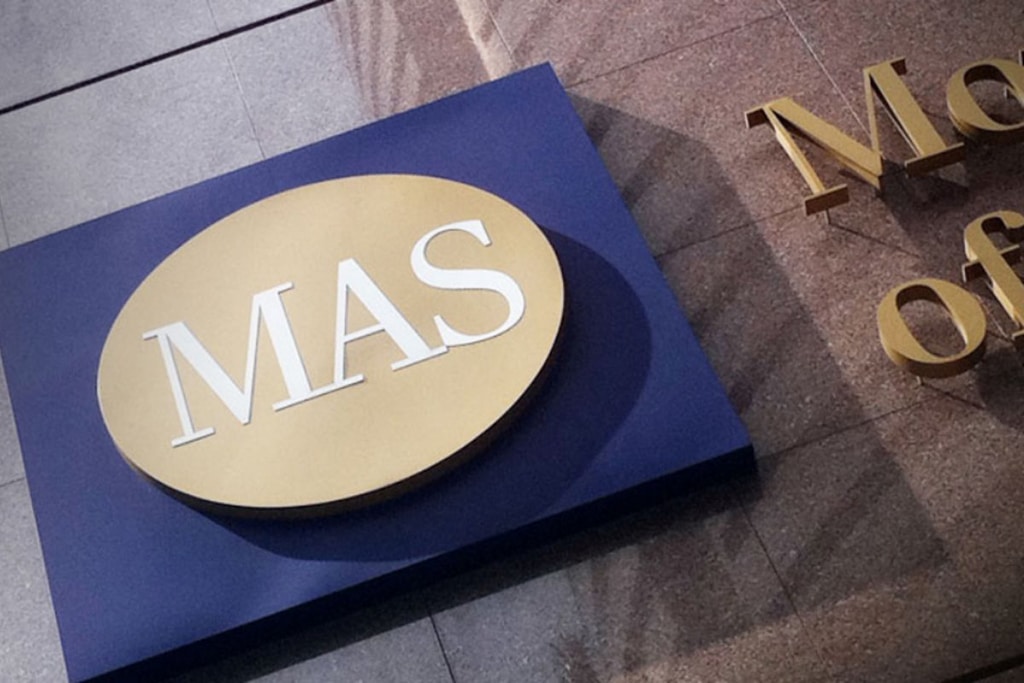
Photo: Monetary Authority of Singapore
Singapore’s central bank, the Monetary Authority of Singapore (MAS) has accepted digital currencies’ inevitability. The MAS has had a dig at the development of cryptos within the state and released a guide for companies that want to raise money via initial coin offerings. “A guide to digital token offerings” provides general guidance on the application of the securities laws administered by MAS in relation to offers or issues of digital tokens in Singapore.
Back in August 2017, Singapore’s authorities noted that digital tokens considered to be securities should follow the same laws as shares, debentures, business trust units, and securities-based derivative contracts.
In November of this year, the MAS introduced a new Payment Services Bill (PSB) in the Singaporean Parliament. The bill brought digital currency under the laws for domestic and international money transfers and foreign exchange transactions. The updated securities guide includes the PSB as well. It states:
“A person carrying on a business of providing any service of dealing in digital payment tokens or any service of facilitating the exchange of digital payment tokens must be licensed and will be regulated under the PSB for AML/CFT purposes only and will be required to put in place policies, procedures and controls to address its AML/TF risks.”
The updated guide clarifies the Singapore central bank’s stance on intermediaries’ observing its instructions based on Anti-Money Laundering (AML) and Countering Financing of Terrorism (CFT) policies. According to the MAS, any participant somehow involved in the ICO-related activity is an intermediary. Usually, their activity includes producing the tokens, managing an exchange upon which the token is traded, and providing financial advice for these tokens. All these activities are subject to the law. Such people “must be approved by MAS as an approved exchange or recognized by MAS as a market operator under the SFA”. Intermediaries are liable to “take appropriate steps to identify, assess, and understand their money laundering and terrorism financing (ML/TF) risks.”
Further, MAS guide states that even if a token is not a security, it still needs to determine its compliance with the AML/CFT acts. The MAS requires reporting all suspicious transactions to the police, and generally not doing business with people who have have been deemed terrorists by the authorities.
ICO Regulation Across Borders
With an initiative to regulate ICOs, Singapore follows a series of other countries. For example, in August of this year, the Philippine SEC introduced the draft rules on how companies can fundraise via ICO whereas all token are defined as securities by default.
Australia, which has a very skeptical opinion about the crypto space, introduced some rules for ICOs and digital currencies in general as well.
In contrast, France has plans to become Europe’s ICO hub, and with such a view the French authorities have accepted the legal ICO framework drafted in early 2018. The framework provides safeguards and guarantees to investors.
The authorities of South Korea, where ICOs were banned in September 2017, have changed their mind, admitting the necessity to legalize ICOs and to provide an appropriate regulatory framework.
It seems that the financial world has admitted cryptocurrencies as an evitable repercussion of the nascent technological revolution and finally moved to the elaboration of a regulatory framework facilitating cryptocurrency implementation into real sector.
 coinspeaker.com
coinspeaker.com